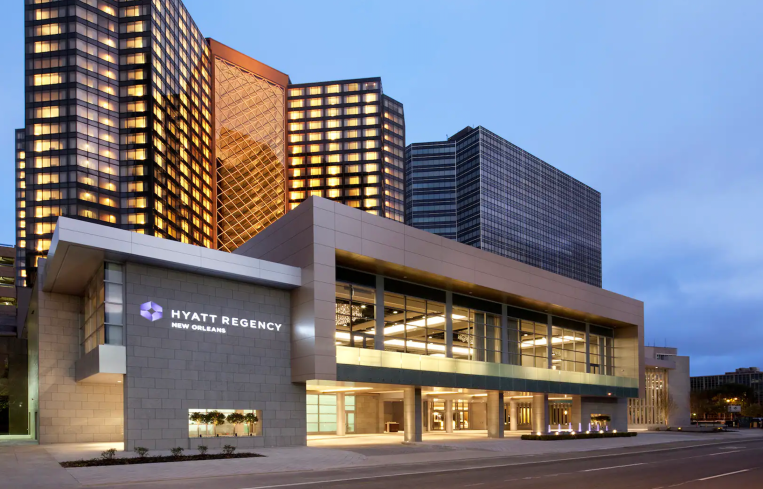CMBS Delinquencies Inching Downward

“The CRED iQ delinquency rate for CMBS declined modestly during the June 2022 remittance period,” wrote Marc McDevitt, a senior managing director at CRED iQ.
“Overall delinquency has declined consecutively in each month since June 2020. This past June, the delinquency rate — or the percentage of all delinquent specially serviced loans and delinquent non-specially serviced loans for CRED iQ’s sample universe of more $500 billion in CMBS conduit and single asset single-borrower (SASB) loans — was 3.30 percent, which compares to May’s rate of 3.32 percent.
“CRED iQ’s special servicing rate, equal to the percentage of CMBS loans that are with the special servicer (delinquent and non-delinquent), declined month over month to 4.64 percent from 5.17 percent. The CMBS special servicing rate has declined for seven consecutive months.
“Aggregating the two indicators of distress — delinquency rate and special servicing rate — into an overall distressed rate (delinquency plus special servicing percent) equals 4.95 percent of CMBS loans that are specially serviced, delinquent or a combination of both. The overall distressed rate declined in June compared to the prior month rate of 5.33 percent. These distressed rates typically track slightly higher than special servicing rates as most delinquent loans are also with the special servicer.
“By property type, the delinquency rate increased in June for the office and industrial sectors. The delinquency rate for loans secured by office properties was 1.72 percent as of June 2022, which was an increase compared to 1.60 percent in the previous month. However, office delinquency is still down by approximately 47 basis points from a year ago.
“A major contributor to the increase in office delinquency was the $231 million 260 and 261 Madison loan, which failed to pay off at maturity on June 11, 2022. According to a March 2022 Commercial Observer article, The Sapir Organization as loan sponsor was marketing the 923,277-square-foot office property for sale, although updated servicer commentary indicates a refinance is also being considered.
“Delinquency rates declined in June for the retail, lodging and self-storage sectors. Retail continued to have the highest delinquency rate (6.01 percent) by property type for the third consecutive month after eclipsing the lodging sector in April 2022. Similar to the prior month, there were new high-profile retail delinquencies in June, including an $85.2 million loan secured by the Crossroads Center regional mall in Saint Cloud, Minn. The loan became 30 days delinquent in June, but has been in special servicing since October 2020.
“Special servicing rates declined across all major property types in June. The lodging sector, which had a special servicing rate of 7.72 percent, exhibited the greatest month-over- month improvement among all property types. One of the more notable drivers behind the decline in the special servicing rate for lodging loans was the $325 million Hyatt Regency New Orleans. The loan transferred to special servicing in July 2020 due to pandemic-related disruptions to operations but returned to the master servicer on May 17, 2022, after a March 2022 loan modification.
“The retail sector had the highest special servicing rate (9.43 percent), weighted by relatively large mortgages secured by regional malls. In one of last month’s biggest developments, the $210 million Eastview Mall and Commons loan transferred to special servicing on June 1. The borrower cited ongoing issues related to the pandemic; however, the loan also has an impending September 2022 maturity date in an unfavorable refinancing environment.
“CRED iQ’s CMBS distressed rate by property type accounts for loans that qualify for either delinquent or special servicing subsets. For June, overall distressed rates for all property types declined, except for office and industrial. Two of the largest loans added to the distressed category last month were 260 and 261 Madison, which failed to pay off at maturity, and Eastview Mall and Commons.”



